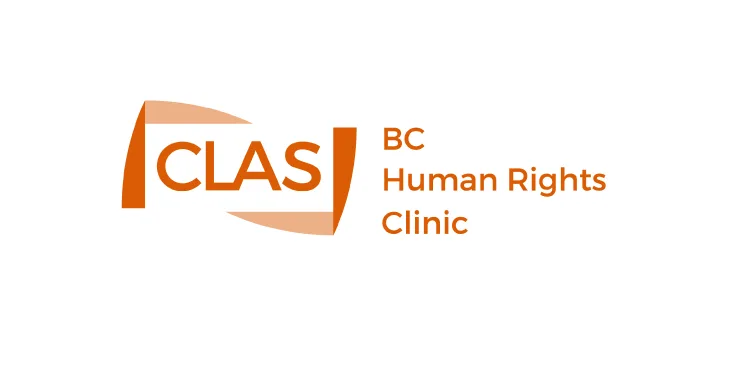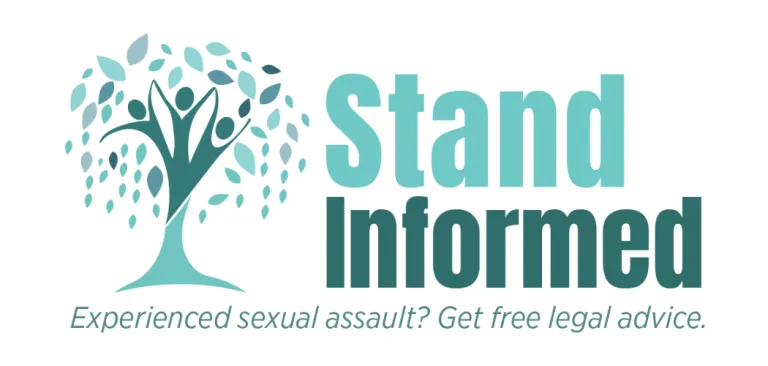Sexual harassment

Harassment is conduct a reasonable person would consider objectionable or unwelcome. Learn your rights when harassment involves conduct of a sexual nature, as well as options if you’re sexually harassed.
Common questions
Sexual harassment is a form of discrimination based on sex. Sex discrimination occurs when you’re treated badly or denied a benefit because of your:
sex,
sexual orientation, or
gender identity or expression.
Sexual harassment can take many forms. It can be a physical act, like unwanted touching or kissing. It can be verbal, like making demeaning comments about how someone looks. It can also be less direct, like someone displaying inappropriate pictures at work.
Sexual harassment can have an impact in many settings. It can affect your ability to do your job, find somewhere to live, or otherwise enjoy activities of daily life. BC’s Human Rights Code prohibits sex discrimination, including sexual harassment, in specific contexts. The Code offers protection from sexual harassment when you’re shopping or receiving a service, renting accommodation, and working in your job.
There are three key elements of sexual harassment in the workplace:
conduct of a sexual or gender-based nature,
conduct that is unwelcome, and
conduct that detrimentally affects the work environment or leads to negative job-related consequences.
If you’re being sexually harassed at your workplace, take action as soon as possible. Let the harasser know that you don’t accept the behaviour and you want it to stop. Tell them you’ll report it if it continues.
If dealing directly with the harasser doesn’t work, you can talk to your employer or someone in human resources. Find out your employer’s policy on human rights complaints. All employers in BC are required to have a policy on bullying and harassment, which should include a complaint process. If you belong to a union, talk to the union representative.
If the behaviour continues, you can make a human rights complaint to the BC Human Rights Tribunal. If the tribunal finds your complaint justified, they can make an order to stop the harassment. As well, they can order the harasser to compensate you for lost income or expenses and injury to your dignity, feelings, and self-respect.
If the sexual harassment you experience results in you developing a mental disorder, you may be entitled to workers’ compensation. See the WorkSafeBC website for further guidance.
We take you through these steps in detail in our in-depth coverage of if you’re sexually harassed at work.
The BC Human Rights Clinic provides legal help to people who have cases before the BC Human Rights Tribunal. You can speak to a lawyer or legal advocate — for free — who can give you advice or represent you in your matter.
Access Pro Bono’s summary advice program offers free legal advice to those with a low or modest income on a range of legal issues, including employment. If you’re eligible, you can meet with a volunteer lawyer for up to 30 minutes of free legal advice.
The Workers' Advisers Office can assist you with a claim for workers’ compensation or workplace bullying and harassment. See the WorkSafeBC website for more on this topic.
Yes, it likely is. Sexual harassment is any unwanted conduct of a sexual nature. If your co-worker’s comments are of a sexual nature, and you’ve made it clear you’re not okay with their behaviour, it’s likely sexual harassment.
For the steps to take to deal with the problem, see our guidance on if you’re being sexually harassed at work.
Who can help

BC Human Rights Clinic
Provides free assistance and representation to those who qualify for help with a discrimination complaint under BC law.

Stand Informed
An independent legal advice service for British Columbians who have experienced sexual assault.

University of Victoria Law Centre
Provides help with human rights claims for eligible people in Greater Victoria.

Respect at Work Legal Clinic
A free legal clinic for newcomers to Canada who have experienced sexual harassment at work.
Reviewed for legal accuracy by
Richard Johnson, Ascent Employment Law and Sara Hanson, Moore Edgar Lyster LLP
This information from People’s Law School explains in a general way the law that applies in British Columbia, Canada. The information is not intended as legal advice. See our disclaimer.
Related
On Dial-A-Law
Dial-A-Law has more information on Rights at work in the section on Work.

